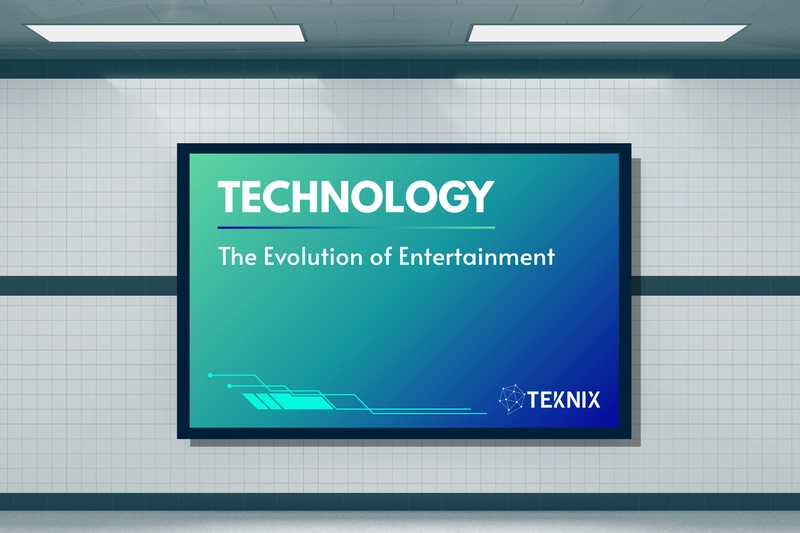Can Technology Save Entertainment Voting? Addressing Fraud, Fairness, and the Future

In today’s hyper-connected world, interactive entertainment has become more than just a trend as it is reshaping how people engage with shows, competitions, and live events. Audiences no longer simply consume entertainment, they participate in shaping outcomes through voting, live feedback, and real-time interactions.
But the challenges also grow alongside participation. Allegations of vote manipulation, technical failures, and opaque processes continue to erode trust in entertainment formats. The integrity of fan-driven competitions, interactive reality shows, and global events is increasingly under scrutiny.
In response, emerging technologies such as blockchain, AI, and Web3 platforms are being explored as potential tools to restore fairness and transparency to entertainment voting. This really is a critical step in protecting both audience confidence and the credibility of interactive formats.
Header The Evolution of Entertainment
Streaming platforms, AR/VR virtual events, and interactive shows have transformed all the entertainment landscape. Millions of fans around the world are now actively engaged with content by:
- Voting for contestants in real time
- Influencing competition outcomes
- Participating in virtual fan communities
These developments offer audiences a greater sense of agency, but they also introduce new risks. Legacy systems that are designed for smaller, localized participation are often ill-equipped to handle global projects, and high-volume engagement can create opportunities for fraud and system failures.
Header Common Failures in Entertainment Voting
Controversies surrounding entertainment voting are well documented as:
- Claims of rigged results in international competitions
- Technical malfunctions preventing votes from being counted
- Automated bot campaigns manipulating online polls
Backlash from audiences who feel their participation was invalidated
These incidents damage the audience’s faith toward the organizers, reduce engagement, and spark wider debates about fairness in entertainment. The stakes are particularly high for large-scale events that rely on audience participation to drive viewership and revenue.
Header How Technology Can Help Rebuild Trust
Next-generation technologies offer promising solutions to these challenges:
Header Blockchain for Secure, Verifiable Voting
Blockchain creates decentralized, immutable vote records, ensuring:
- Tamper-proof vote counting
- Transparent, auditable processes
- Enhanced protection against insider interference
Applied to entertainment, blockchain reduces the risk of manipulated results and provides audiences with greater confidence in the legitimacy of outcomes.
Header AI for Real-Time System Oversight
AI strengthens voting system integrity by:
- Detecting suspicious voting patterns
- Preventing coordinated fraud attempts
- Monitoring platform performance during high-traffic periods
With AI-driven insights, organizers can quickly address threats and maintain stable, reliable voting environments.
Header Web3 for Decentralized Participation
Web3 platforms promote community-driven governance by:
- Reducing centralized control
- Empowering audiences through transparent, code-enforced processes
- Fostering stronger connections between fans and entertainment organizers
This decentralized approach aligns with public demands for more equitable, transparent entertainment experiences.
Header Signs of Progress Across the Industry
Several projects are testing these technologies in entertainment contexts. For instance, an advanced platform that integrates blockchain and AI to create a more secure, scalable voting experience tailored to each different interactive event.
Meanwhile, technology firms such as TekNix, known for their work in building secure digital systems, are also contributing to efforts aimed at enhancing transparency and operational resilience in entertainment voting. These developments reflect a broader industry trend, which is acknowledging the importance of modernizing participation mechanisms to maintain credibility.
Header Building a Future Where Entertainment and Trust Coexist
Restoring confidence in entertainment voting requires more than technical innovation. To achieve that high goal, organizers must:
- Provide independent oversight of voting systems
- Communicate transparently with audiences
- Educate participants about how new technologies enhance fairness
By combining technology with clear governance and community engagement, the entertainment sector can create experiences that are not only interactive but also trustworthy.
The rise of blockchain, AI, and Web3 represents an important step toward addressing long-standing concerns around entertainment voting. While challenges remain, early initiatives signal that the industry is moving toward a future where fairness, transparency, and audience empowerment are at the center of interactive entertainment.

